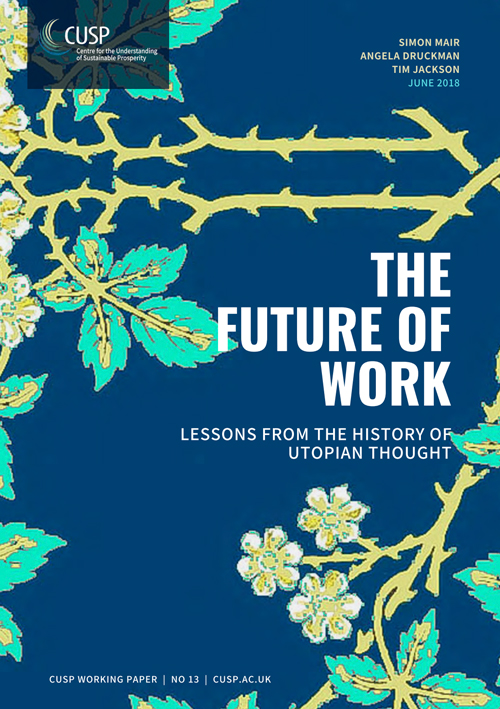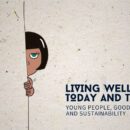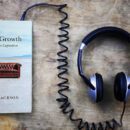This paper aims to contribute towards the development of a political economy of work fit for purpose in a world of social and environmental limits. In order to get beyond today’s dominant conceptions of work in a growth-based capitalism, it explores the role of work in historical utopias. First, we look at the Cokaygnian tradition of folk utopias, set in a land where people consume extravagantly and never have to work at all. For some, Cokyagne is a utopian response to overwork, poverty, and inequality: the ultimate land of redistribution. For others, Cokaygne is filled with grotesque imagery that warns of the emptiness of a life without work. Next, we examine the role of work in News from Nowhere, William Morris’s 19th century socialist and romantic utopia. In contrast to Cokaygne, everybody works in Nowhere. To realise the romantic ideal of work as art, Morris rolls back the division of labour and the influence of markets. Central to the utopian visions of both Cokaygne and News from Nowhere is a critique of economic inequality, and both respond to this by separating consumption from production. This is a provocative challenge to modern understandings of the role of work. However, neither Cokaygne nor News from Nowhere has a complete solution. Cokaygne does away with work by rewriting the laws of physics. So, while it represents a hopeful dream of a world built on leisure and equality, it does not provide a way to realise its utopia. News from Nowhere offers more concrete solutions: Morris roots his removal of market mechanisms and the division of labour in an economic analysis that remains pertinent to consumer capitalism in the context of environmental limits. In particular his main lesson that we can maintain employment in a shrinking economy by prioritising art and creativity points towards the possibility of a sweet spot of good work. However, Morris is also not without flaws. In particular, he sidesteps the issue of how to coordinate aggregate supply and demand in the absence of markets. We argue that society must draw lessons from both Cokaygne and Nowhere and develop them into a new and coherent political economy of work for the 21st century.
Download
- You can read the paper online on the CUSP website or
 download in pdf (745kB) | Mair, S, Druckman, A and T Jackson 2018: The Future Of Work — Lessons from the History of Utopian Thought. CUSP Working Paper No 13. Guildford: University of Surrey.
download in pdf (745kB) | Mair, S, Druckman, A and T Jackson 2018: The Future Of Work — Lessons from the History of Utopian Thought. CUSP Working Paper No 13. Guildford: University of Surrey. - A blog by Simona Mair, accompanying the paper can be accessed on the CUSP website.








